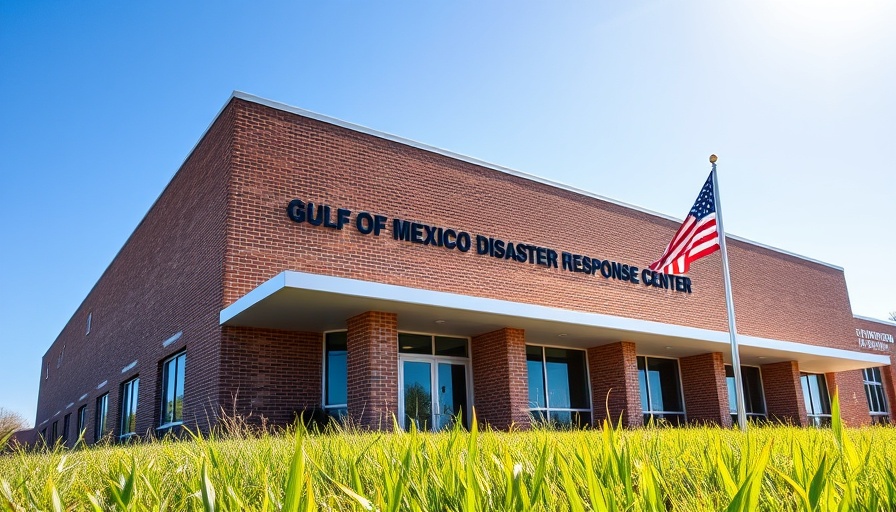
The Name Game: A Look at the Gulf’s Transformation
When President Trump signed an executive order to rename the Gulf of Mexico to the Gulf of America, few anticipated the ripple effects that would follow. This move, which aims to honor "American greatness," has ignited a complex debate over national identity, historical significance, and the costs associated with such a monumental change. While federal agencies like the Federal Aviation Administration scramble to reprint maps and update official documents, the broader implications of this change are far-reaching.
Cultural Sensitivity and Resistance
The reaction to Trump's renaming initiative has been mixed, particularly from our neighbors to the south. Mexican officials, including President Claudia Sheinbaum, have voiced strong opposition to the alteration of a name that holds historical and cultural significance. For Mexico, the Gulf of Mexico isn't just a geographical feature; it symbolizes years of shared history and resources. The tension illustrates a broader issue of how place names reflect cultural heritage and national pride.
The Logistical Quagmire of Name Changes
Renaming a geographic feature of this magnitude isn’t a simple task—it involves significant logistical hurdles. A recent estimate, for instance, suggested that the Defense Department's initiative to remove Confederate names from military bases might cost around $62.5 million. Extrapolating from this precedent, the price tag for updating all references to the Gulf of Mexico could also be steep, involving multiple federal agencies and countless third-party businesses. Each updated map, sign, or document translates to taxable dollars that some local governments might not budget for.
Historical Controversies: A Dual Perspective
This isn't the first time federal naming conventions have incited backlash. For instance, the debate surrounding Denali—formerly Mount McKinley—reflects the contentious nature of historical naming. Names often encapsulate narratives, and stripping a name like Mexico from the Gulf could be perceived as erasing history. It's essential to recognize that place names have stories to tell. They can reflect the cultures that inhabited those areas long before they were “discovered.”
Wild Card: Technological Impacts on Name Recognition
Interestingly, some technology firms are already adapting. For example, Google Maps has embraced the new designation, aligning with the federal order. However, other platforms like the Associated Press continue to recognize the name we’ve known for 500 years. This inconsistency can create confusion and highlights the often controversial intersection of technology, culture, and politics. As more companies follow suit to avoid potential backlash from the government, the importance of accurate geographic representation in digital formats cannot be overstated.
What’s Next for the Gulf and Legislative Action?
The legislative landscape surrounding this name change continues to evolve. As Gulf states like Florida draft laws to adapt the new name in educational and governmental materials, supporters argue that doing so represents an essential step in unifying the region under an American identity. This initiative could spark further discussions about how we delineate ourselves nationally and internationally through names.
Will local sentiment emerge resistant to such imposed changes? The debate surrounding the Gulf of America is emblematic of a broader discussion—one that invokes questions of identity, heritage, and the potential cultural ramifications of language and nomenclature. As the nation watches this evolution unfold, there’s no doubt we’ll continue to engage with the question: What’s in a name?
 Add Row
Add Row  Add
Add 




Write A Comment